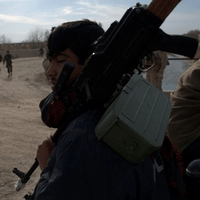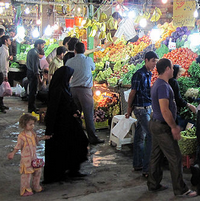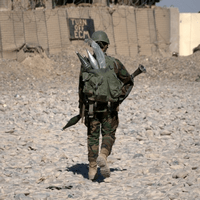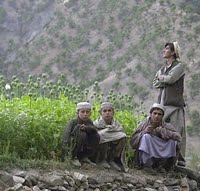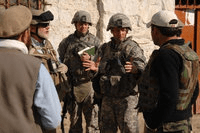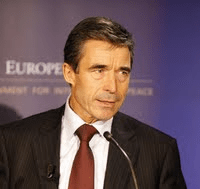
NATO Secretary-General Anders Fogh Rasmussen is playing a crucial role in sustaining the alliance’s Afghan mission, encouraging allied governments and publics alike during his transatlantic travels to appreciate the perspectives of their partners as well as the value of NATO as an institution. Consistent with that, among the objectives of his trip to Washington this week was to remind Americans of how extensively other NATO countries have collaborated in support of U.S. security objectives. In addition to meeting with media and U.S. officials, Rasmussen was also in Washington to participate in a seminar held to advise the Group of Experts […]

